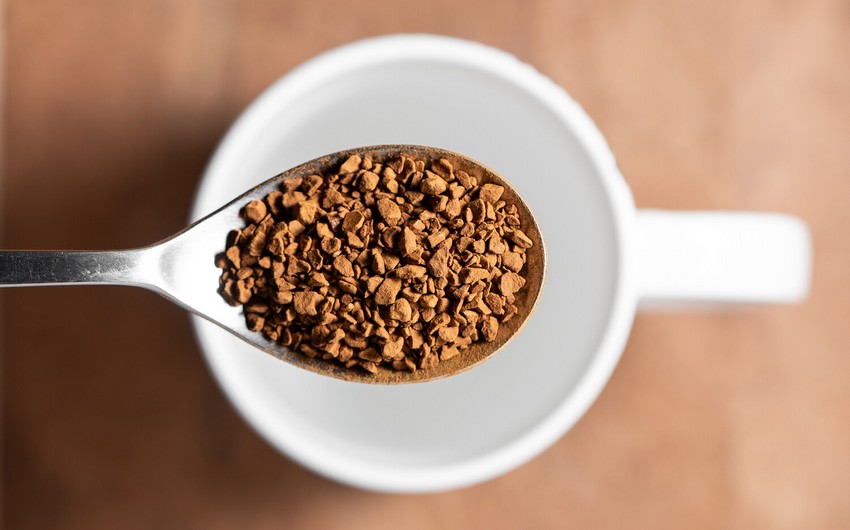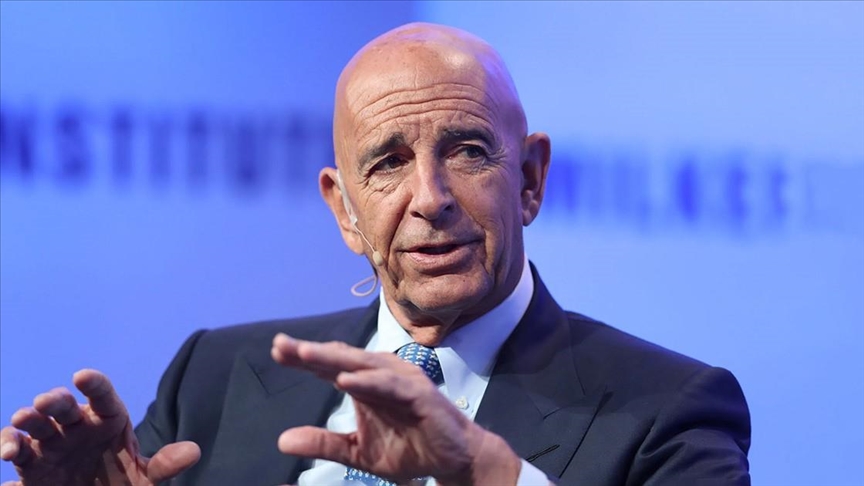A recent study from the Cellular Ageing and Senescence laboratory at Queen Mary University of London’s Centre for Molecular Cell Biology found that caffeine doesn’t directly shut down TORC1 (the cellular growth switch) as once thought, Ednews reports, citing the New Atlas.
Instead, it activates AMPK, an ancient cellular fuel sensor that’s like a biological battery meter, conserved from yeast to humans.
AMPK gets switched on when cells sense low energy. When caffeine flips this switch, AMPK naturally dials down TORC1, slowing growth and potentially promoting longevity.
Metformin, a widely used drug for type 2 diabetes, activates AMPK, helping cells improve their energy balance. It's being explored for life-extending effects beyond blood sugar control.
Scientists used yeast (a favorite model for studying cells) to discover how caffeine affects AMPK. In cells with mutations in the AMPK pathway, caffeine seems to increase sensitivity to DNA damage, but not because of its effects on cell division (mitosis), as you might expect. Instead, the researchers found that caffeine works together with other DNA-damaging agents to make this effect stronger.
Interestingly, caffeine also speeds up how quickly cells divide and helps extend their lifespan (known as chronological lifespan, or CLS), and this benefit is linked to the AMPK pathway.
"These findings help explain why caffeine might be beneficial for health and longevity," says John-Patrick Alao, the postdoctoral research scientist leading this study. "And they open up exciting possibilities for future research into how we might trigger these effects more directly – with diet, lifestyle, or new medicines."
"Direct pharmacological targeting of AMPK may serve towards healthspan and lifespan benefits beyond yeasts, given the highly conserved nature of this key regulatory cellular energy sensor,” the researchers add.










